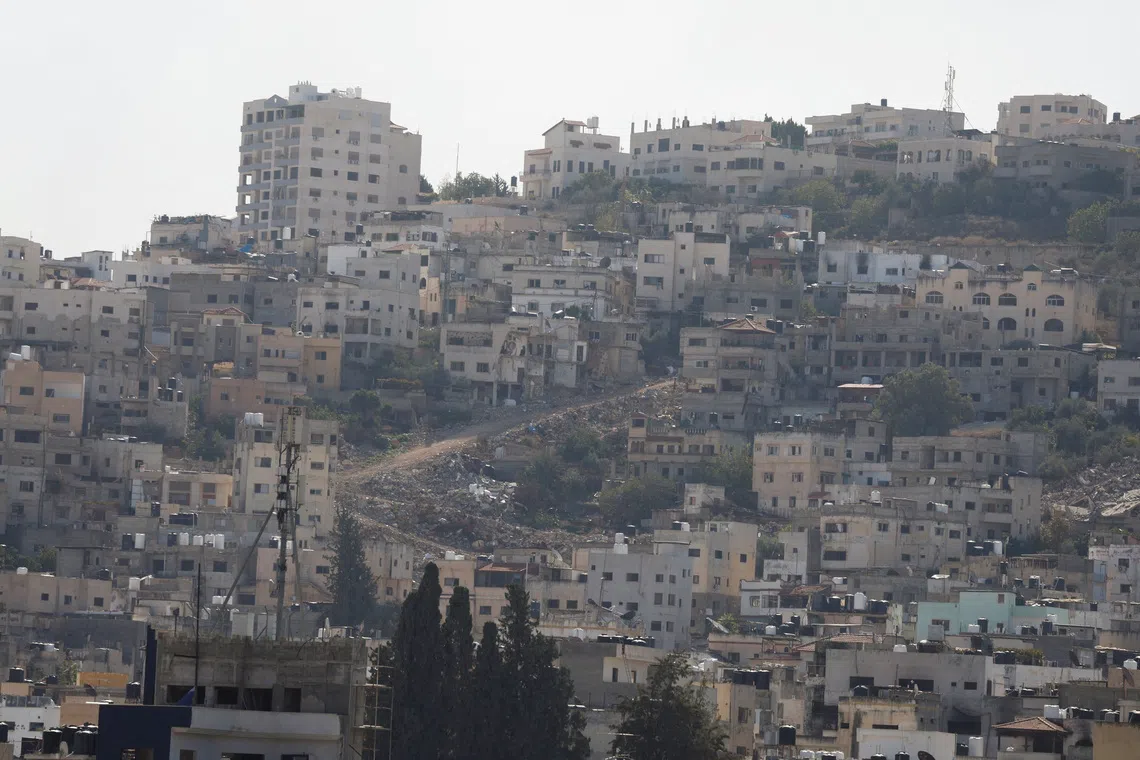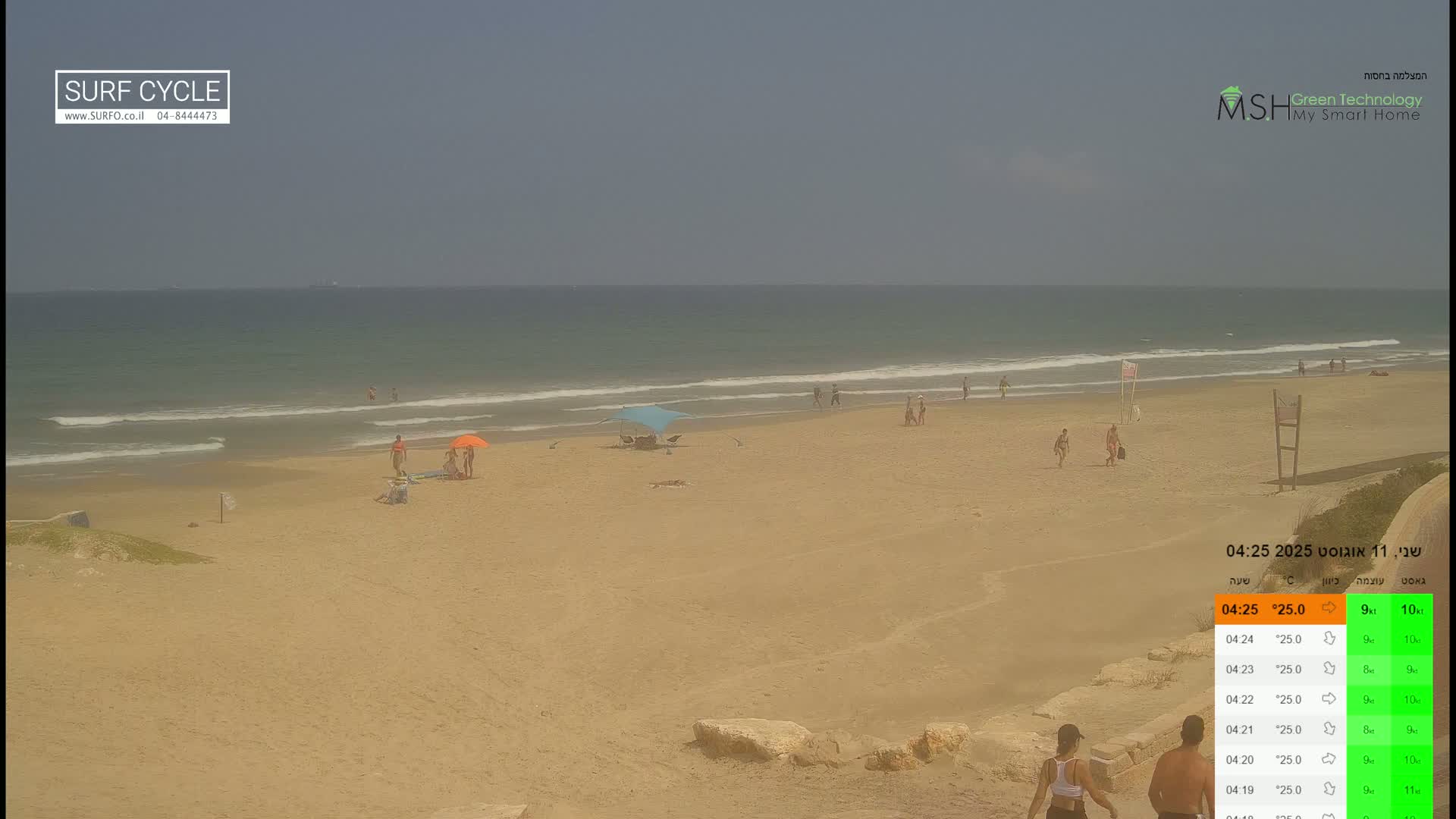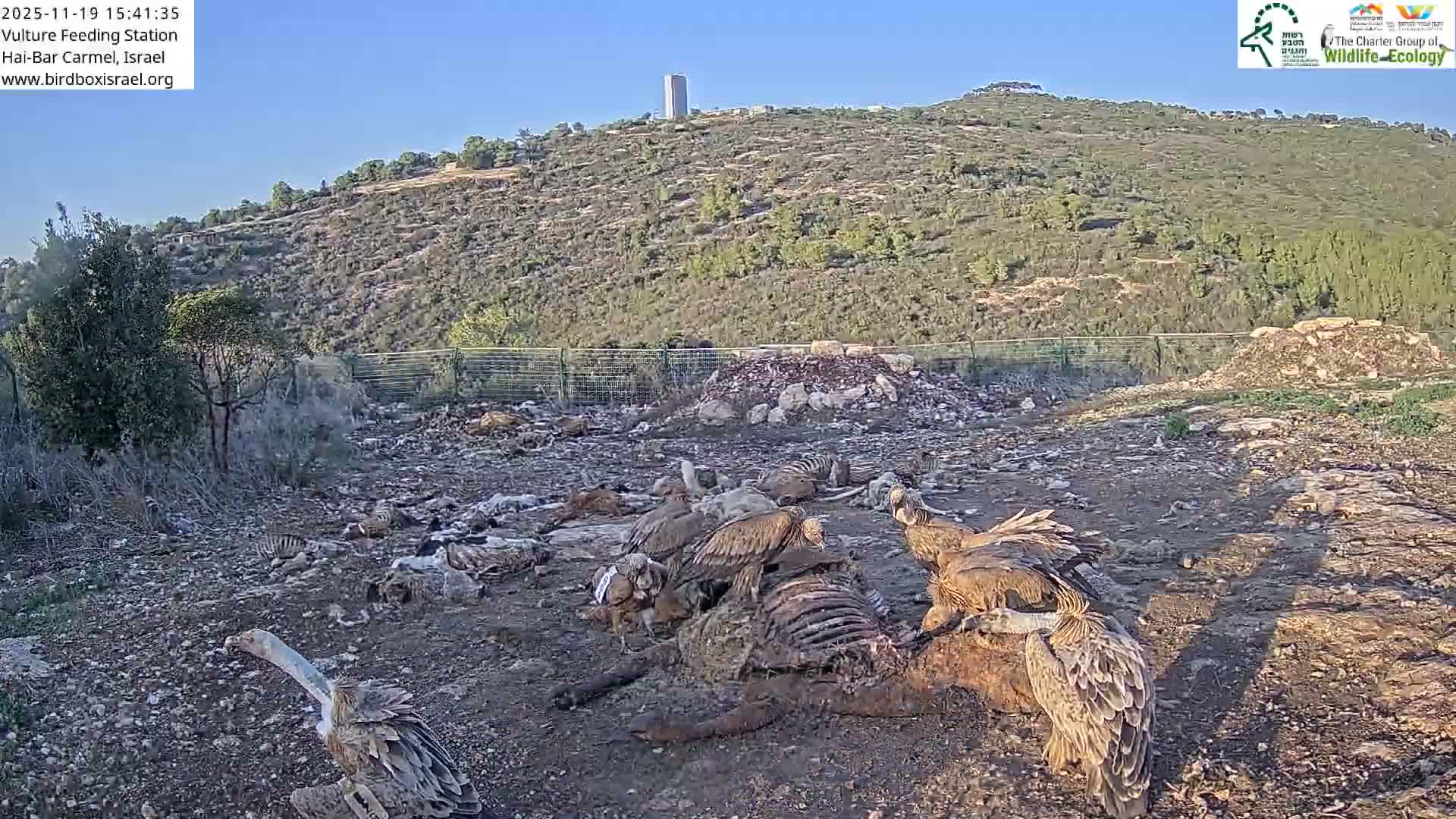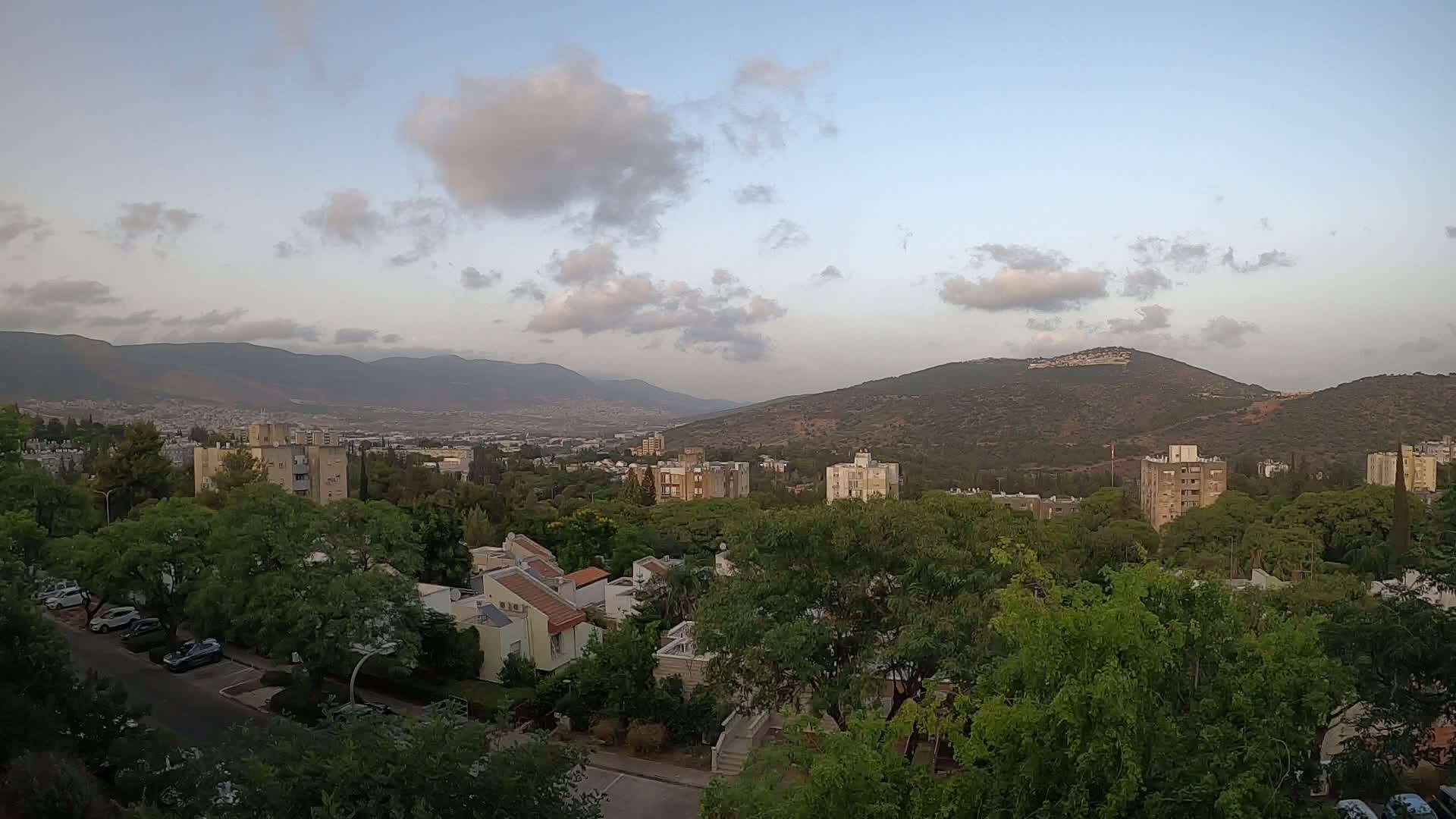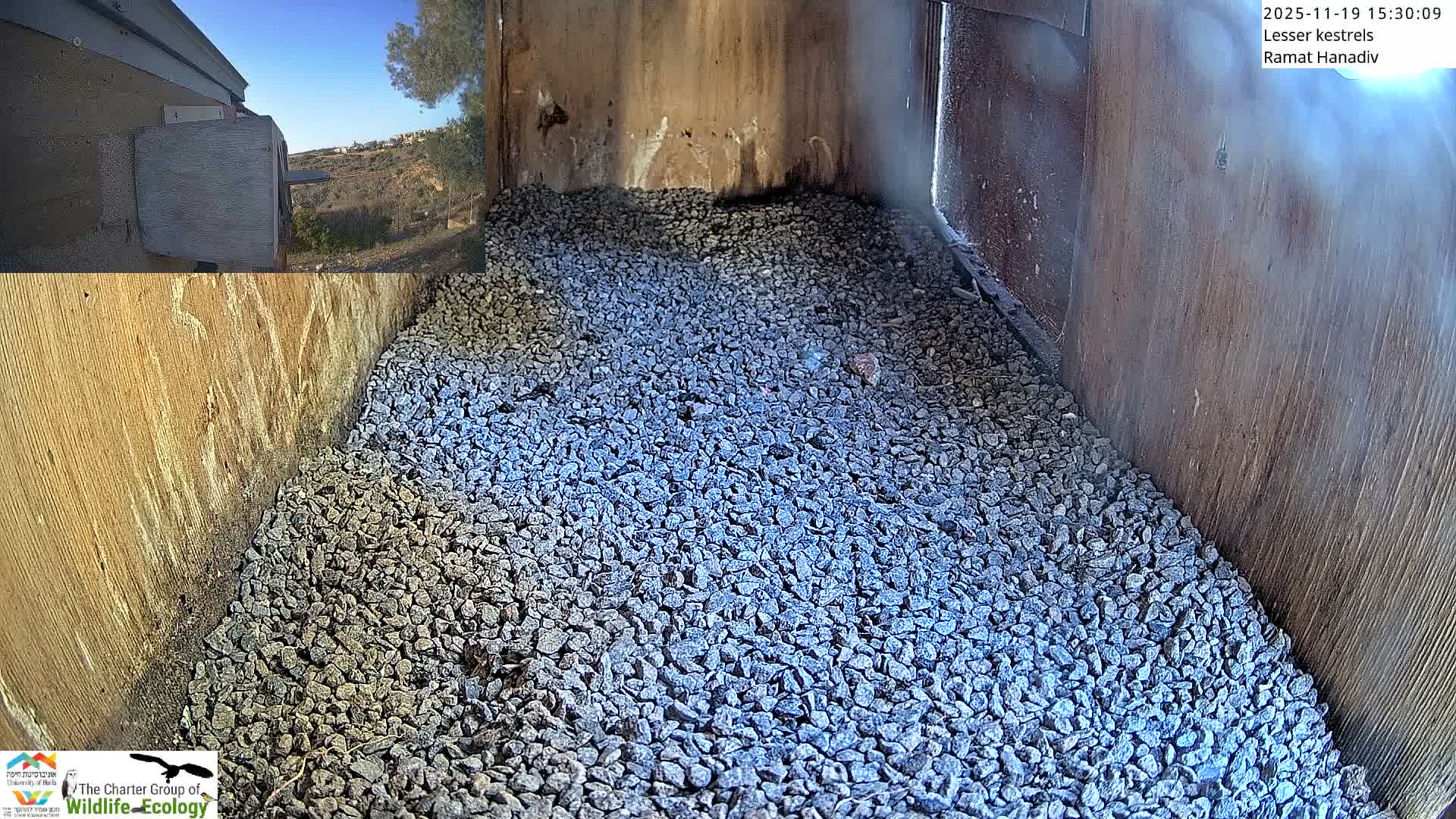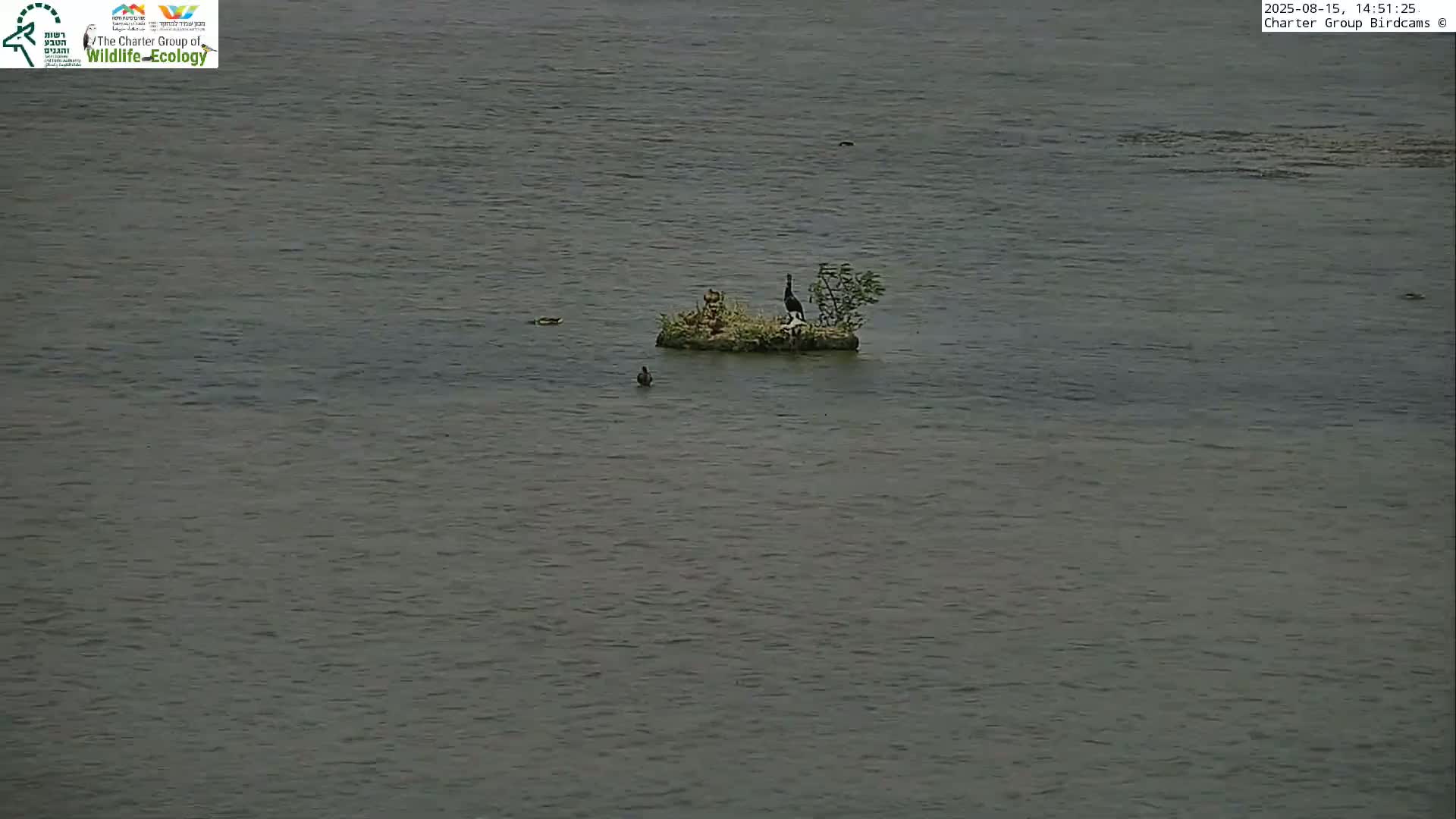Human Rights Watch Accuses Israel of War Crimes in West Bank Expulsions
In a damning report published on November 20, Human Rights Watch (HRW) has leveled serious accusations against Israel, alleging that its actions in early 2025, leading to the expulsion of tens of thousands of Palestinians from three West Bank refugee camps, constitute war crimes and crimes against humanity. The prominent rights organization is urging immediate international intervention to hold Israeli officials accountable and prevent further abuses.
Mass Displacement During "Operation Iron Wall"
The HRW report, titled “All My Dreams Have Been Erased,” details how approximately 32,000 residents from the Jenin, Tulkarm, and Nur Shams camps were forcibly displaced by Israeli forces during what was termed “Operation Iron Wall” in January and February 2025. Crucially, these displaced individuals have since been barred from returning to their homes, with the report documenting the demolition of hundreds of residences. Milena Ansari, an HRW researcher who contributed to the 105-page document, confirmed to Reuters on November 19 that ten months post-displacement, none of the affected families have been able to return.
Clash with International Law and Victim Testimonies
The Israeli military, in a statement to Reuters on November 19, asserted that civilian infrastructure needed to be demolished to prevent its exploitation by militants, but offered no timeline for residents' return. This justification, however, clashes directly with the Geneva Conventions, which strictly forbid the displacement of civilians from occupied territories except for temporary, imperative military security reasons. HRW insists that senior officials responsible for these actions should face prosecution for war crimes and crimes against humanity.
The report vividly describes soldiers storming residences, ransacking personal property, and ordering families to evacuate using loudspeakers mounted on drones. Residents recounted seeing bulldozers raze buildings as they fled, with Israeli forces reportedly providing no alternative shelter or aid. This left thousands to seek refuge crammed into relatives' homes, mosques, schools, or charitable institutions. Hisham Abu Tabeekh, a resident expelled from Jenin refugee camp, described the dire situation, lamenting that his family couldn't take any belongings and faced severe shortages of food, drink, medicine, and financial resources, leading to an "extremely hard life."
Evidence and Broader Context of Escalation
HRW's findings are based on extensive research, including interviews with 31 displaced Palestinians from the three affected camps, detailed analysis of satellite imagery, examination of demolition orders, and verification of video evidence. Their investigation uncovered over 850 structures either completely destroyed or severely damaged. A separate United Nations assessment placed this figure even higher, at 1,460 buildings.
These camps, originally established in the 1950s, were created to house Palestinians displaced during the founding of Israel in 1948, and have since become home to generations of refugees. While Israeli officials responded to HRW by stating the operation targeted "terrorist elements," they failed to provide a rationale for the mass expulsions or the continued ban on return. HRW further contends that these expulsions, carried out while global attention was largely focused on events in Gaza, are part of broader crimes against humanity, specifically apartheid and persecution.
The report also highlights a concerning escalation of violence in the West Bank since the October 7, 2023, Hamas-led attacks on southern Israel. During this period, nearly 1,000 Palestinians have been killed by Israeli forces, detention without trial has expanded, homes have been demolished, and settlement construction has accelerated. Concurrently, settler violence and torture of detainees have surged. The UN documented at least 264 settler attacks against Palestinians in October 2023 alone, marking the highest monthly total since data collection began in 2006.
International Stance and Calls for Accountability
Israel maintains historical and biblical claims to the West Bank, which it seized in the 1967 war, arguing that settlements provide strategic depth and security. However, the vast majority of the international community deems all Israeli settlements illegal under international law – a stance Israel disputes, referring to the territory as "disputed" rather than "occupied."
In conclusion, Human Rights Watch has called upon international governments to impose targeted sanctions on responsible Israeli officials and commanders, suspend arms sales and trade benefits, prohibit goods from settlements, and enforce International Criminal Court warrants. The group controversially characterized the expulsions as "ethnic cleansing," a non-legal term often used to describe the unlawful removal of an ethnic or religious population from a specific area.

